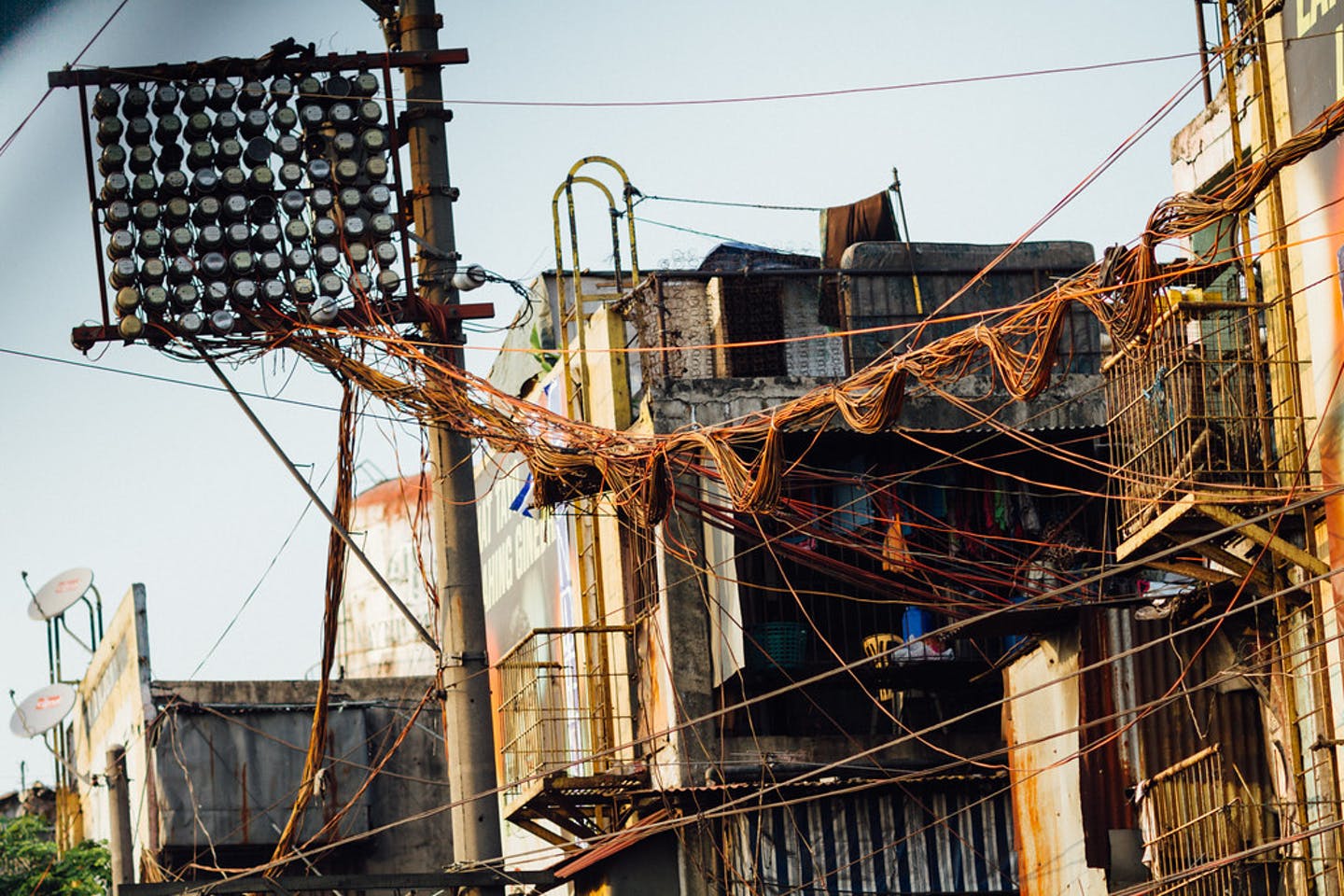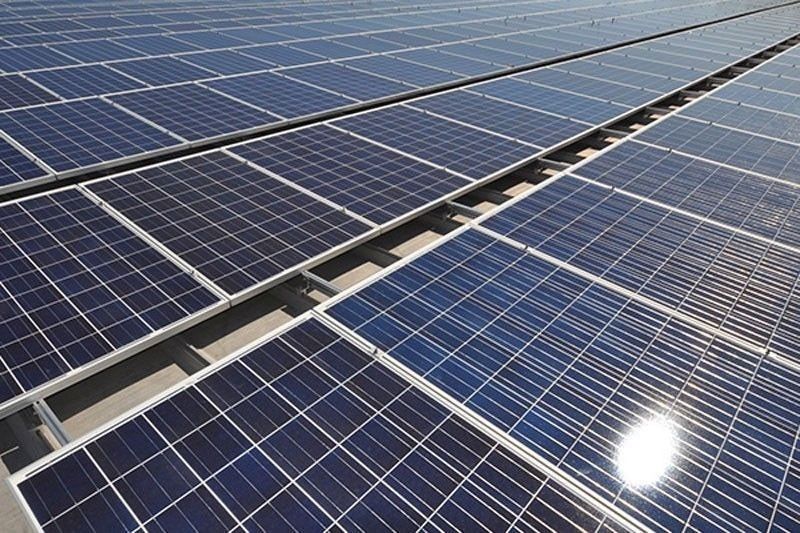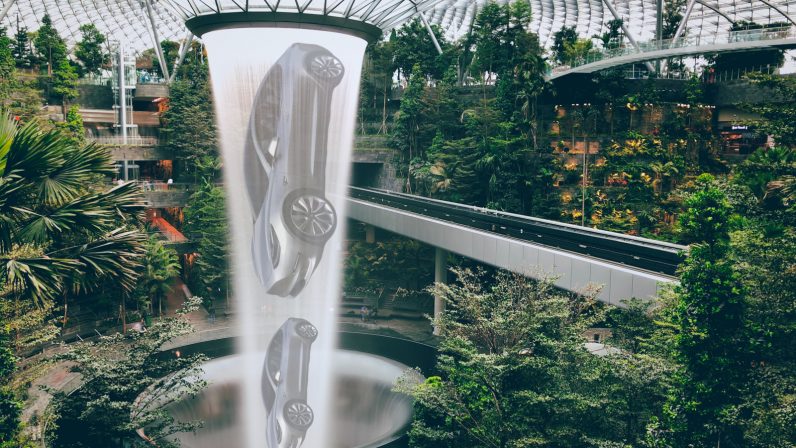MANILA, Philippines — While the Philippines is not beset by high levels of deadly micro-pollution, the country still has a very polluted air, a report on air quality worldwide suggests.
Last year, the Philippines’ annual mean for PM2.5—the most dangerous kind of airborne pollution—was pegged at 17.6 micrograms per cubic meter (µg/m³), according to the latest World Air Quality Report.
This was higher that the safety limit set by the World Health Organization at 10 µg/m and the country’s PM2.5 pollution level in 2018 at 14.6 µg/m³.
Particulate matter of 2.5 microns or less in diameter are small enough to enter the bloodstream via the respiratory system and travel throughout the body, causing asthma, heart disease and lung cancer.
Bangladesh emerged as the most PM2.5-toxic country in 2019, followed by Pakistan, Mongolia, Afghanistan and India.
The report released by IQAir Group and Greenpeace were sourced from governmental and private PM2.5 monitoring stations.
Southeast Asia
According to the study, South Asia, Southeast Asia and Western Asia carry the highest burden of PM2.5 pollution overall. Only six cities in these areas met the WHO annual targets.
“Southeast Asia’s emission sources include vehicle exhaust, biomass burning, industry and coal-based energy production. Rapid growth and development often exacerbates air quality conditions in metropolitan areas, as construction and increased energy consumption result in increased ambient PM2.5,” the report noted.
Indonesia topped the list of Southeast Asian countries with an annual mean of 51.7 µg/m³. It was followed by Vietnam (34.1 µg/m³) and Myanmar (31 µg/m³).
The Philippines ranked 57th out of 98 countries included in the report. Regionally, it ranked lowest among the nine countries.
The study also showed that four cities in the Philippines are among the cleanest in Southeast Asia. Calamba in Laguna topped the list, with Carmona in Cavite, Legazpi in Albay and Balanga in Bataan placing third, 10th and 11th respectively.
Air pollution monitoring systems needed
But environment groups in the Philippines said the quantity and placement of monitoring systems from which data were collected provide “only a small snapshot” of the threat of PM2.5 air pollutions.
Gia Ibay, climate and energy program head of the World Wildlife Fund Philippines, stressed that monitoring air quality has been a “perennial” challenge in the country.
“With the Philippine Clean Air Act and the standards contained therein being more than twenty years old, reports such as that of Air Visual should instead bolster the urgent need to improve our air quality monitoring systems, update our air quality standards and ensure that these are properly implemented,” she said.
“The Philippine government should see the data as an impetus to overhaul air quality monitoring systems in the country, as well as to transition away from highly polluting facilities such as coal plants,” Khevin Yu, Greenpeace Philippines campaigner, also said.









